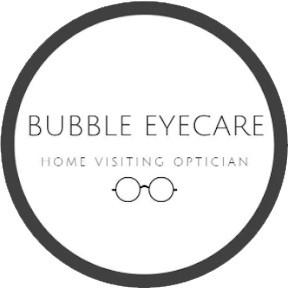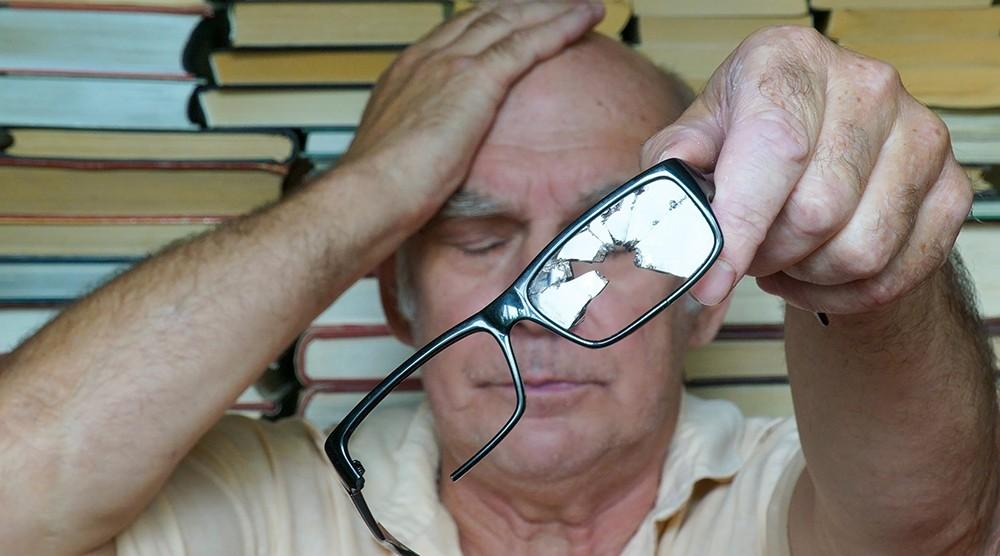What Opticians do?

A healthcare professional with a focus on eye care and visual health is called an Optician Lancaster.
In order to address vision issues and maintain optimal eye health, people need the appropriate eyewear, such as eyeglasses and contact lenses, provided by opticians.
Along with optometrists and ophthalmologists, they are essential members of the eye care team, working together to ensure patients' visual health.

The


fundamental duties of an optician cover several crucial facets of eye care, including.Optician Lancaster
1. Prescription Interpretation
To identify the precise corrective lenses patients need, optometrists and ophthalmologists write prescriptions translated by opticians.
They examine the parameters of the prescription, including the sphere, cylinder, axis, and other metrics.
2. Frame selection
One of Optician Preston main responsibilities is helping patients choose eyeglass frames that suit their individual tastes, face shapes, and prescription requirements.
When assisting patients in selecting the appropriate frames, opticians take into account a number of variables, including comfort, aesthetics, and functionality.

3. Lens customization
Opticians attempt to create lenses that are unique to each patient's prescription and preferences after choosing a frame.


For multifocal correction, they take into account elements like lens material, thickness, coatings (such as anti-reflective coatings), and progressive lenses.

4. Adjustments and fittings
Eyeglasses are skillfully fitted and adjusted by opticians to provide the wearer with the best possible vision and comfort.
A proper fit helps avoid pain, headaches, and poor alignment, which could cause additional vision issues.
5. Contact Lens Fitting
Opticians are adept at prescribing and fitting contact lenses.
To determine the most appropriate type of contact lenses, whether soft, rigid gaspermeable, toric for astigmatism, or multifocal, they evaluate the patient's eye curvature, tear film, and lifestyle.
6. Measurements and Refractions
In order to establish the precise prescription required for spectacles or contact lenses, optometrists perform measurements and refractions.
To measure refractive errors, they employ specialized tools like phoropters and autorefractors.
7. Ongoing Care and Maintenance
Opticians offer advice on how to maintain and care for eyewear properly.
They inform patients about safe contact lens handling and wearing precautions, cleaning procedures, and lens care products.

8. Assistance with Low Vision Aids
Opticians can suggest and supply low-vision aids for those with low vision, such as magnifiers, telescopes, and customized eyewear made to improve visual function.
9.Patient Education
Educators, such as opticians, teach various facets of eye health, the value of routine eye exams, and how various eyewear alternatives affect vision correction.
10. Industry expertise
Opticians keep up with the most recent developments in frame styles, lens coatings, and eyewear technologies.

This information enables them to offer patients the finest recommendations based on their needs.
Opticians must be properly licensed or certified in several places in order to perform their profession.
This guarantees that they have the abilities and expertise required to deliver precise vision correction and eye care services.
Opticians frequently work in private practices, eye clinics, optical retail settings, and even with ophthalmologists and optometrists in bigger healthcare facilities.


